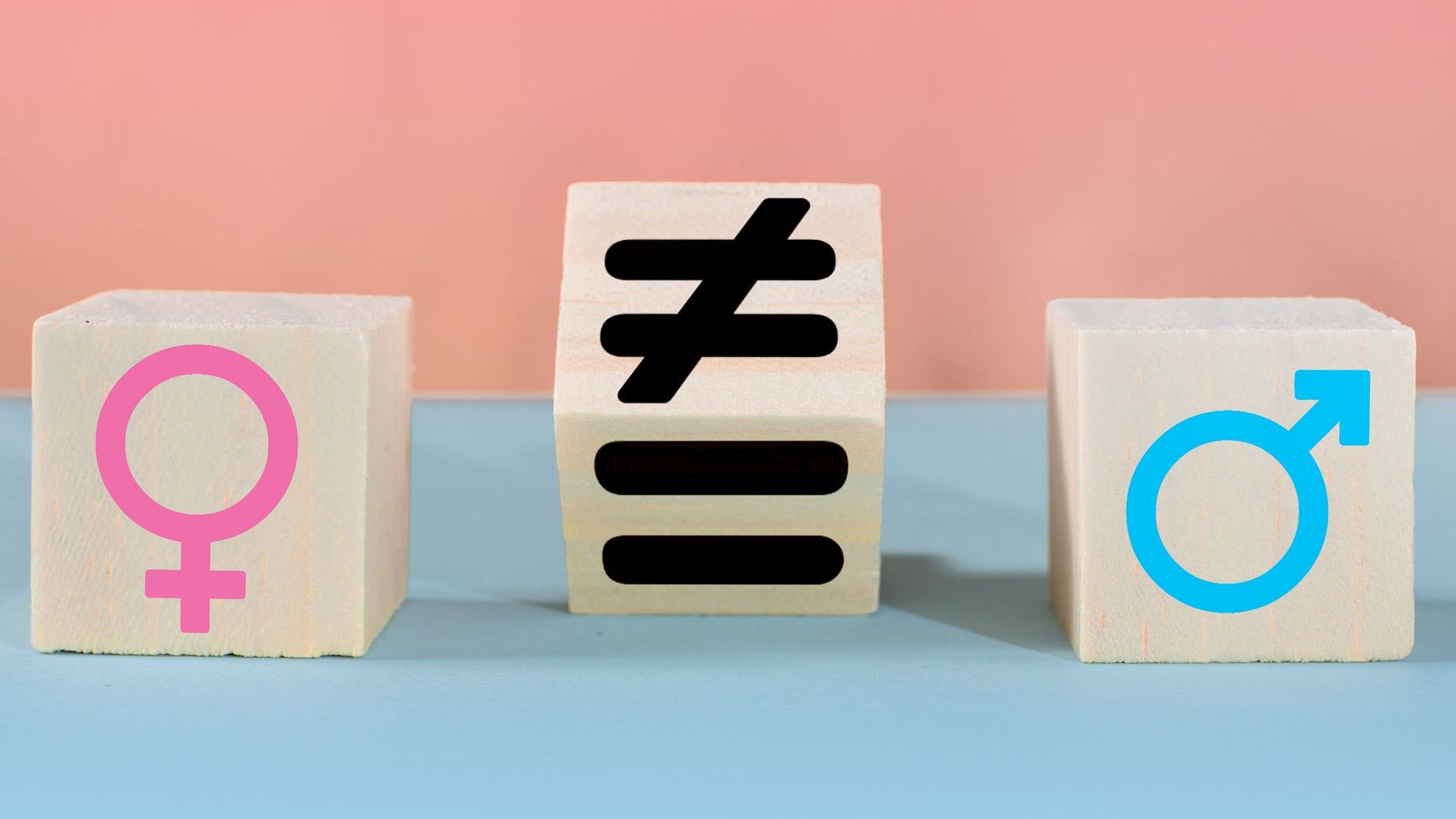Life sciences is becoming a boom industry in Australia. We’ve already explored how Victoria is well on its way to becoming a global hub for mRNA research and development. But beyond that, more and more international pharmaceutical heavy-hitters are heading Down Under to conduct their R&D activities. Most are drawn by the promise of world class facilities and top-shelf academic standards, alongside government incentives such as the federal Research and Development Tax Offset.
A raft of new clinical trials are either set to commence or already underway in Australia, by both international and local companies. From a jobs perspective, all of this activity is good news for people who work in research and development, analytical chemistry and microbiology. Down the track these trials could lead to further opportunities in areas like manufacturing and logistics. With that in mind, here are five clinical trials happening in Australia that caught our eye.
Are you looking for a job in science or pharmaceuticals? Contact our specialist consultants today.
Imugene’s VAXINIA cancer buster
New South Wales based biotech Imugene has received approval from the Human Research Ethics Committee for a phase one clinical trial for a potential cancer treatment. VAXINIA is what’s known as an oncolytic virotherapy, which essentially is a virus that targets and kills cancer cells. The drug has shown promise as a treatment for advanced solid tumour cancers.
Tasman Oncology Research in South Australia was the first hospital approved to conduct trials with human patients, though further sites around Australia are expected to follow.
Lobe Sciences’ psychedelics
The potential of psychedelics for the treatment of neurologic, brain and mental health disorders is hardly new, but continues to expand. Last year Canadian biotech Lobe Sciences tapped iNGENū, a Melbourne based Contract Research Organisation, to carry out at least three trials of L-130 and L-131, which are molecularly modified analogues of the naturally occurring psychedelic psilocin.
In a press release, LOBE Sciences CEO Philip Young specifically called out Australia’s R&D tax incentives, claiming the company could receive rebates up to 43.5 per cent on eligible expenditures.
FSD Pharma establishes Australian subsidiary
Another Canadian biotech, FSD Pharma announced earlier this month it had established an Australian subsidiary to support development of its psychedelics inspired treatment, Lucid-Psych. This molecular compound has potential as a treatment for mental health disorders and may also have applications treating acute medical needs due to alcohol abuse.
The company’s president Zeeshan Saeed described Australia as “a hotbed for clinical stage biotech companies” and hailed the “facilities offered by various government incentives” as key drivers behind the establishment of FSD Pharma Australia.
Kira Pharmaceuticals’ kidney treatment
Headquartered in Massachusetts, Kira’s offices in Australia and China have been cleared to commence phase 2 clinical trials of the kidney treatment KP104. This “bifunctional biologic” is a therapeutic option for the treatment of two immune-system related kidney diseases: Immunoglobulin A Nephropathy (or IgAN) and Complement 3 glomerulopathy (C3G).
The trials will assess the safety, efficacy and tolerability of the treatment in patients with these conditions. They will also explore the movement within the body (pharmacokinetics) and effects upon the body (pharmacodynamics) of KP104.
Australian consortium targeting Omicron
A consortium of five Australian research organisations is due this year to commence clinical trials of a new antiviral treatment for COVID-19. Led by Professor Wai-Hong Tham of the Walter and Eliza Hall Institute of Medical Research, the consortium is developing synthetic antibodies that target the COVID-19 variant Omicron, which has been notoriously resistant to other antivirals.
Backed by $7 million from the Medical Research Future Fund, the project is expected to grow Australia’s ability to discover, test, and manufacture antiviral drugs.
Bayside Group’s specialist scientific and pharmaceutical recruiters have vast experience matching people with the right jobs in these industries.
Contact us today to find out how we can help you.
Workplace Relations
Powered with 💙 by
Shazamme © Copyright 2022 Bayside Group



